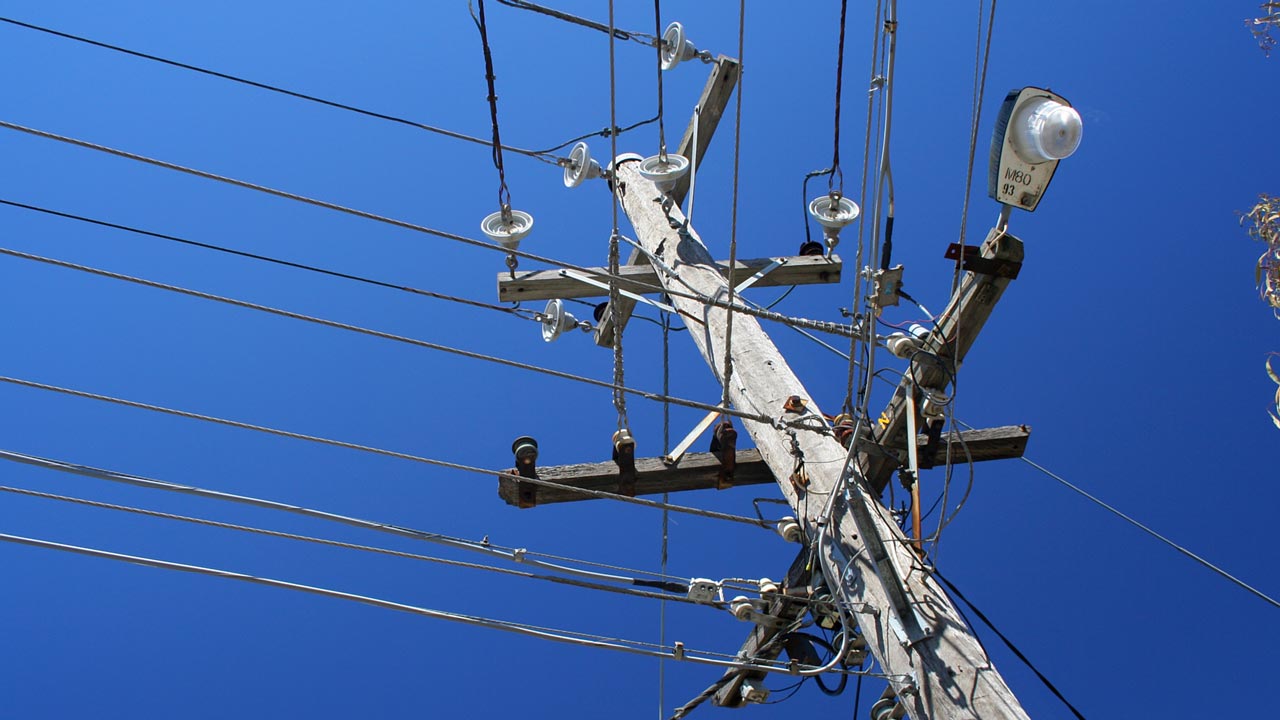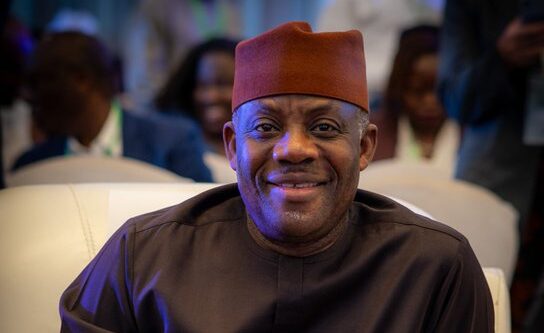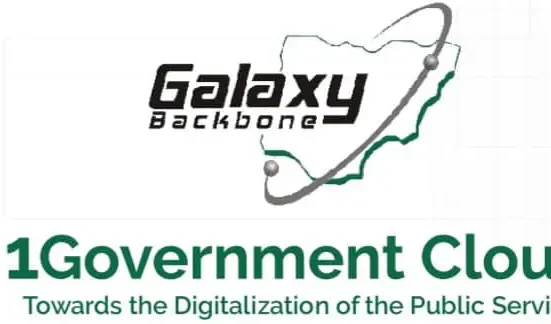Abuja, July 9, 2025
Widespread public outrage has greeted the federal government’s plan to implement a cost-reflective electricity tariff across the country. This follows a recent announcement by the Minister of Power, Adebayo Adelabu, that the transition is necessary to curb the ballooning debt of over ₦4 trillion currently owed within Nigeria’s power sector.
Speaking during a stakeholders’ engagement in Abuja, Adelabu explained that the tariff adjustment, which is expected to roll out fully in 2026, is designed to stabilize the power sector by eliminating blanket subsidies that he said are no longer sustainable. According to him, the federal government can no longer afford the burden of subsidizing electricity for all consumer categories, especially high-end users.
“Without migrating to a cost-reflective tariff, the entire sector will collapse under the weight of its debt,” Adelabu warned, adding that the government plans to liquidate part of the debt through cash payments and promissory notes.
However, the proposed hike has sparked sharp criticism and resistance from labour unions and civil society groups. The Nigeria Labour Congress (NLC) has described the move as “economic violence” against already struggling Nigerians. They warned that the planned increase, particularly for consumers in Bands B and C who do not enjoy steady power supply, will lead to mass protests and social unrest.
Citizens also took to social media to voice their displeasure, accusing power distribution companies (DisCos) of poor service delivery despite earlier tariff increments for Band A customers. Many argue that it is unfair to demand higher payment from consumers who continue to experience irregular electricity supply, estimated billing, and poor customer service.
The new tariff structure is part of the broader power sector reforms aimed at attracting investment and improving service delivery. Still, analysts say the government must first address inefficiencies, close metering gaps, and improve supply reliability before placing additional financial burdens on consumers.
With the government determined to press forward and labour unions threatening nationwide protests, the coming months may see heightened tensions between authorities and the public over energy pricing and economic justice.







